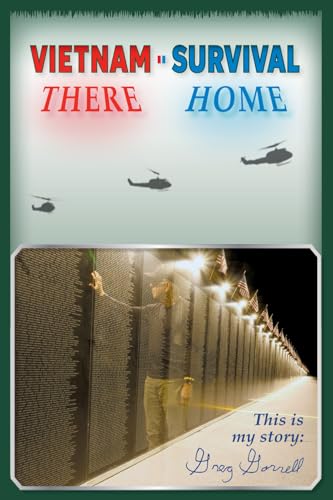
The Bad War
by Kim Willenson
"An Oral History of the Vietnam War"
Popularity
3.54 / 5
* A book's popularity is determined by how it compares to all other books on this website.
Where to buy?
Buy from Amazon* If you buy this book through the link above, we may receive a small commission at no extra cost to you.
The Bad War by Kim Willenson
Details
War:
Vietnam War
Perspective:
Civilian
True Story:
Yes
Biography:
No
Region:
Asia
Page Count:
472
Published Date:
1987
ISBN13:
9780453005463
Description
Brief Summary
The Bad War by Kim Willenson is an exploration of the Vietnam War, offering a detailed chronology of events supplemented by personal interviews. Through these firsthand accounts, the book presents a wide range of opinions on the conflict, aiming to provide readers with a comprehensive understanding of this complex period in history.
Main Themes and Topics
One of the central themes of The Bad War is the diversity of perspectives on the Vietnam War. By incorporating personal interviews, Kim Willenson delves into the varied experiences of those who were directly or indirectly involved in the conflict. This approach highlights the multifaceted nature of historical narratives, emphasizing how individual experiences can differ sharply depending on one's role, background, and personal circumstances during the war.
Another significant topic addressed in the book is the lasting impact of the Vietnam War on both American and Vietnamese societies. Willenson explores how the war influenced political, social, and cultural dynamics, shaping the course of history in profound ways.
Writing Style and Tone
Kim Willenson employs a journalistic approach in The Bad War, consistent with his background as a journalist. The use of personal interviews adds an element of authenticity and immediacy to the narrative, allowing readers to connect more deeply with the individuals whose stories are shared. The tone of the book is serious and reflective, suitable for the subject matter it tackles, and it encourages readers to critically engage with the content and form their own opinions about the war.
Criticism
Some readers may find the book's reliance on personal interviews both a strength and a limitation. While it brings diverse voices to the forefront, the subjective nature of personal recollections can sometimes lead to biases, and readers may need to consider this when evaluating the overall portrayal of the Vietnam War. Additionally, the sheer breadth of perspectives might make it challenging for some readers to extract a singular, cohesive narrative from the book.









